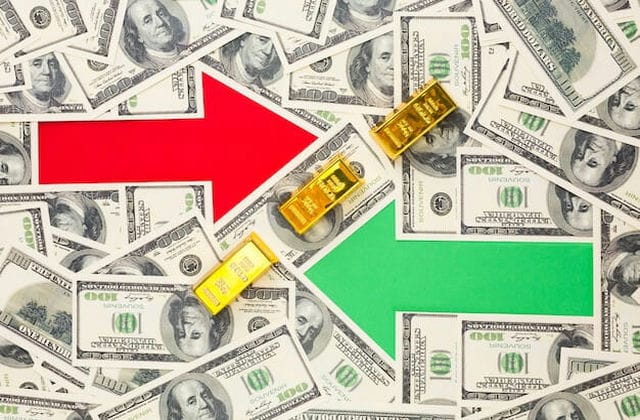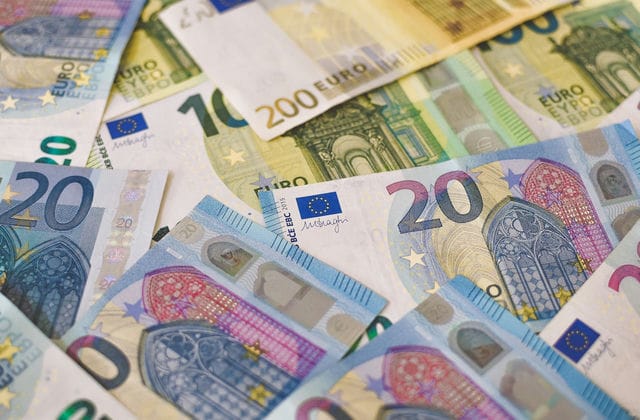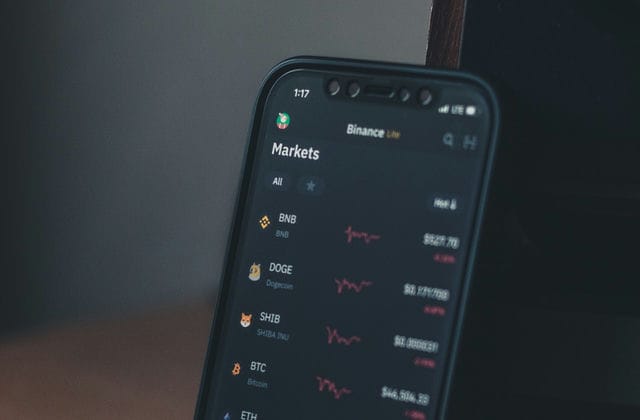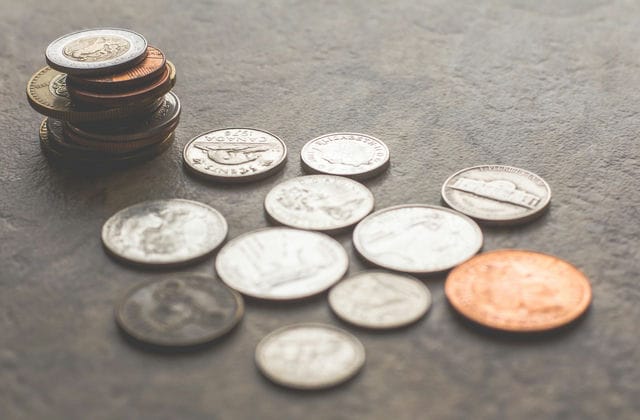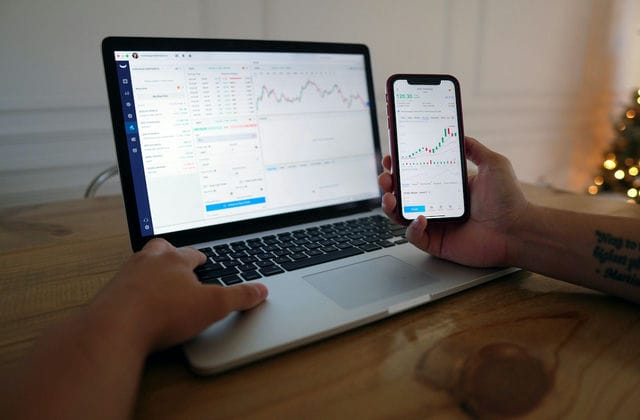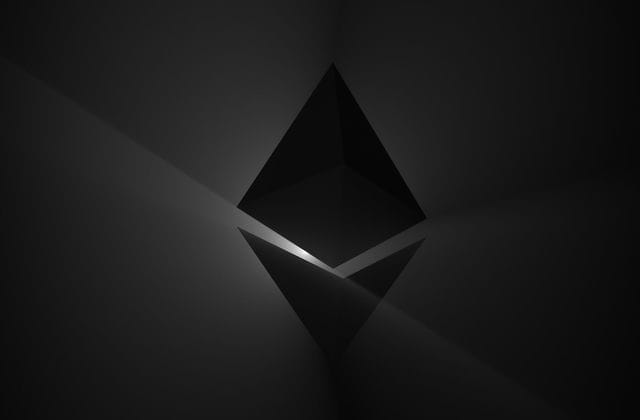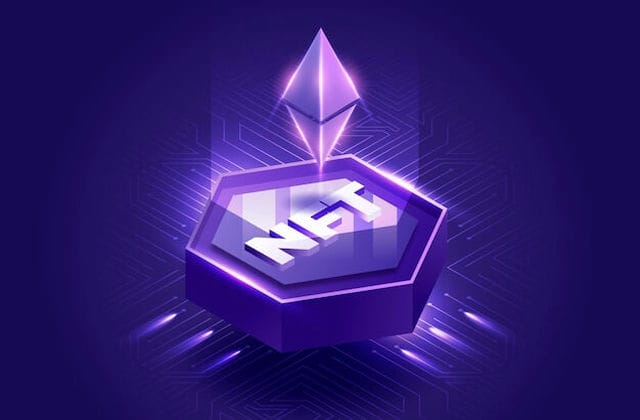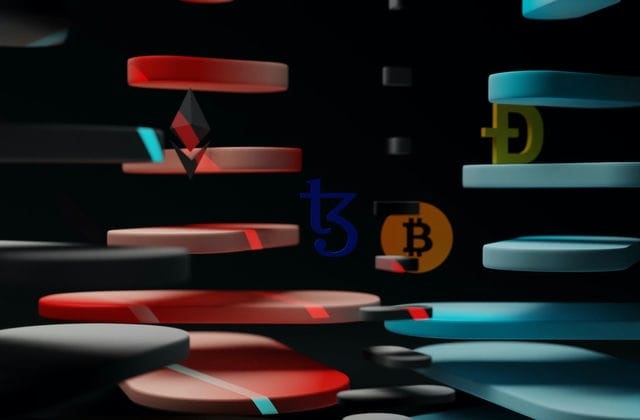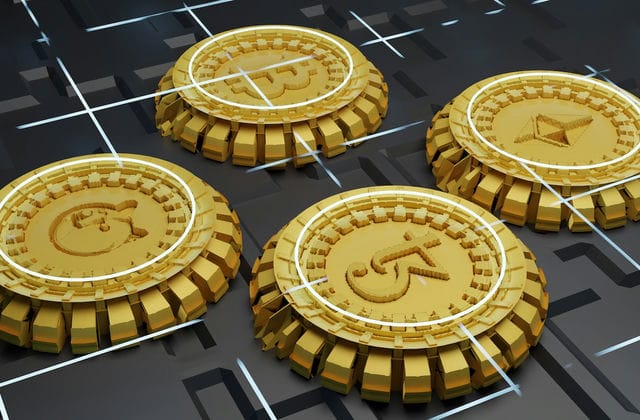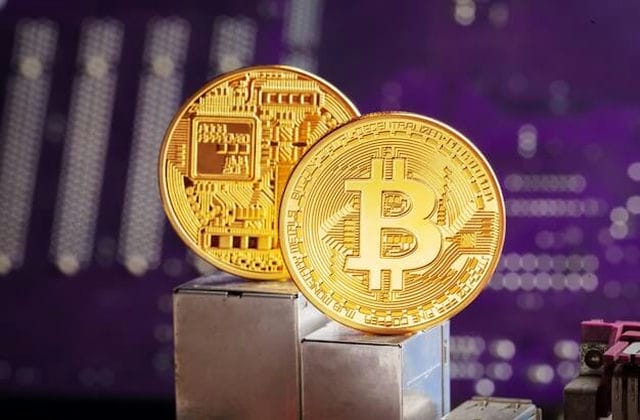What is blockchain, where will it be used and will it ever become mainstream?
These are just some of the questions that are on the minds of the public as blockchain (and cryptocurrencies in general) are becoming more and more widely used.
However, if you are new to the blockchain concept, you are not sure how to get started. With that in mind, we discuss blockchain and its applications in cryptocurrencies and beyond.
Here are her confusing answers to some of the public's most frequently asked questions.
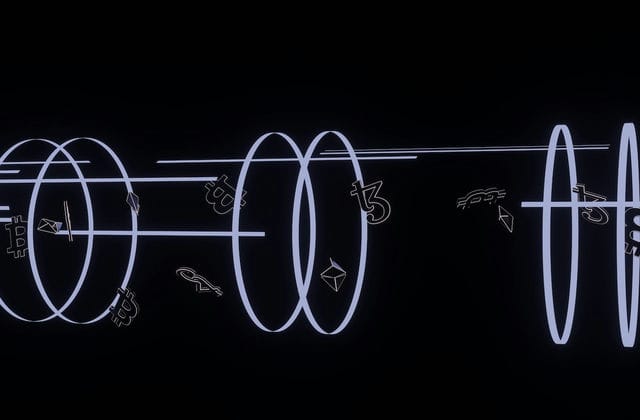
1, What is blockchain?
A blockchain is simply a piece of software that enables the sharing of value between online peers, such as payments. Importantly, blockchain allows information to be shared without going through any third-party intermediaries, such as banks or payment companies. As the name suggests, it is made up of chained connected blocks, each of which stores a small part of the history of transactions that have occurred on the blockchain.
2, When was the blockchain first created?
Blockchain is not a primitive idea, it is a combination of many existing technologies (e.g., cryptography, peer-to-peer computing, etc.). The first successful digital implementation of blockchain was in 2008, when an anonymous developer nicknamed Satoshi Nakamoto released a white paper in which the idea of a blockchain-mediated cryptocurrency (called Bitcoin) was first proposed.
3, How does the blockchain support Bitcoin?
Bitcoin is a cryptocurrency that people can think of as digital cash. Bitcoins exist only online and therefore their exchange needs to be digitally recorded. The blockchain is essentially a digital ledger for recording all transactions that occur between online peers, and provides a secure and decentralized record for all exchanges.
4, What does decentralize blockchain mean?
It means that the information in a blockchain is not stored in a single location, but is distributed throughout the network of people who use it. For example, standard cash issued by a central bank (e.g., pounds or dollars) keeps track of where the currency goes. With Bitcoin, however, there is no single entity responsible for issuing Bitcoin and keeping records. Bitcoin works through an anonymous network of people who provide nodes for the blockchain. Anyone can join or leave the blockchain at any time, and cross-validation between nodes requires anything to be recorded in the ledger.
5, Does the decentralized nature of the blockchain make it more secure?
Yes. Here's an example: if you have a pot of gold, you can store it in a vault and trust the people who own it (i.e., the bank and its personnel) to keep you safe. However, if your gold is similar to bitcoin, then instead of putting the pot of gold in a bank vault, you could put it in someone's home in some imaginary village and move it to a new home every 10 minutes or so. No one knows where your gold will be moved to, which makes it very difficult for any burglar to know where it will be moved to at any given time. In addition, to gain access to a house where gold is stored, burglars need to solve complex equations that are both time consuming and extremely energy intensive.
6, But there are many reports of bitcoin theft, so it is possible to hack the blockchain, right?
Well, most of these reports actually refer to the exchanges where cryptocurrencies are traded in transactions, not the blockchain itself. In fact, we can still find stolen cryptocurrency on a blockchain we don't have access to, or know who stole it.
7, Who can start the blockchain?
Yes, in principle anyone with some knowledge of computing can do it, but getting started is the easy part. The success and value of a blockchain comes from its scale, and to make it attractive to users, the creator of a new blockchain needs to be able to grow it quickly by adding as many blocks to the chain as possible. The scaling of a blockchain is known as bootstrapping and is usually done early on in the creation of a cryptocurrency through what is called an initial token offering.
8, Are there different types of blockchains?
There are currently several different types of blockchain that have been developed primarily to improve upon the original Bitcoin blockchain. Another very popular blockchain is the Ethereum blockchain which was developed to exchange Ethereum online. The Ethereum blockchain is more energy efficient, allows smart contracts (only under certain conditions for currency transfers) and uses proof-of-stake rather than proof-of-work protocols to validate transactions.
9, Are there any disadvantages to using blockchain?
Perhaps the biggest disadvantage from a government perspective is that blockchain-based technology is difficult to track. The decentralized nature of blockchain makes it difficult to regulate online transactions, making it very attractive for criminals to use it for illegal trade and money laundering purposes. Indeed, during ransomware attacks and in online black markets for weapons and drugs, we often see bitcoin as the preferred method of payment.
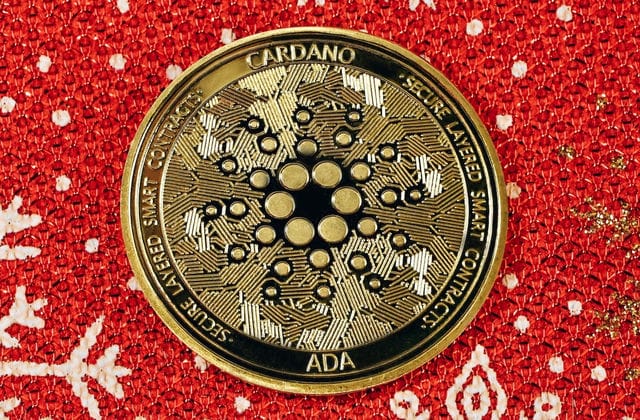
10, Can blockchain be used outside of the cryptocurrency space?
While there are many potential ways to use blockchain, so far it has been used more as a proof of concept and has yet to be fully realized. Essentially, blockchain can be utilized in any situation where trust is critical, whether it is in the financial sector or electronic voting systems. In the shipping industry, blockchain can be used to track the location of goods relative to money, and in healthcare systems, it can be used to securely store patient data.


